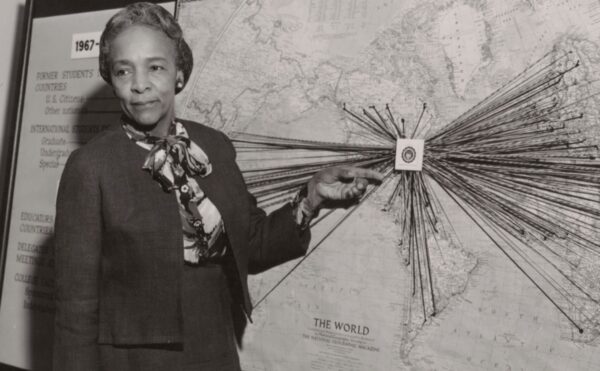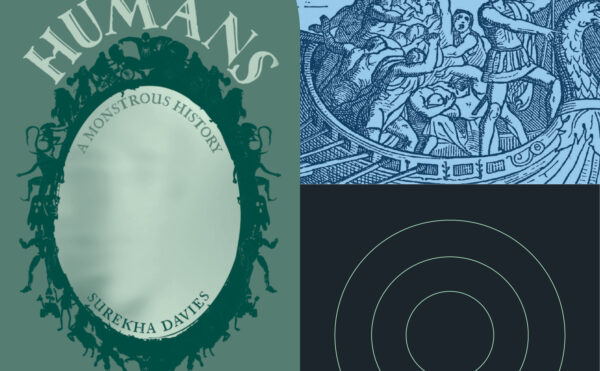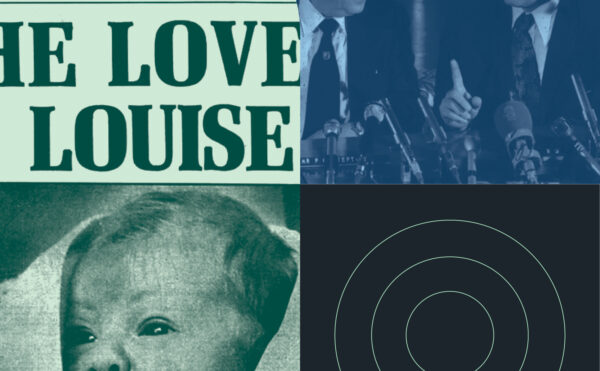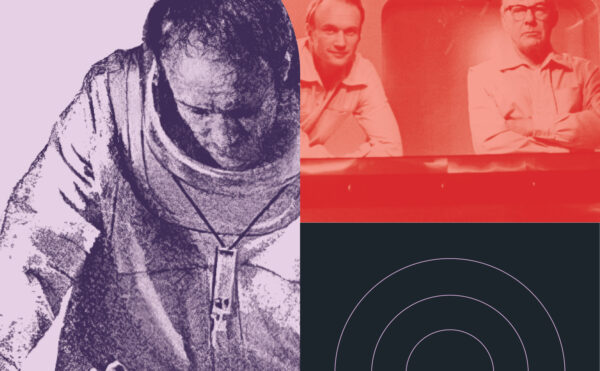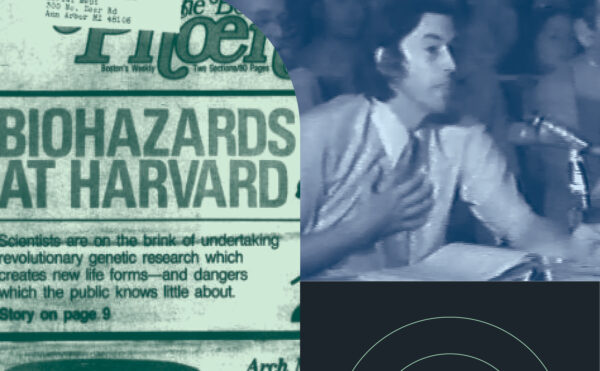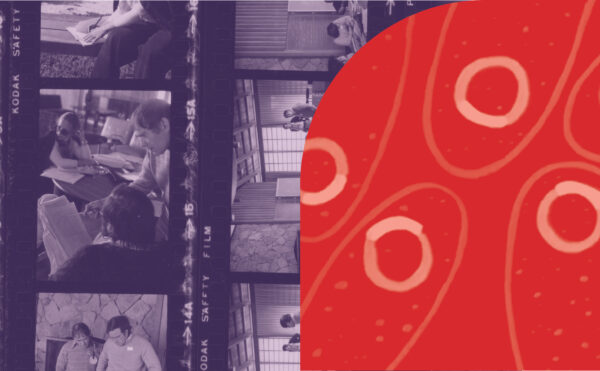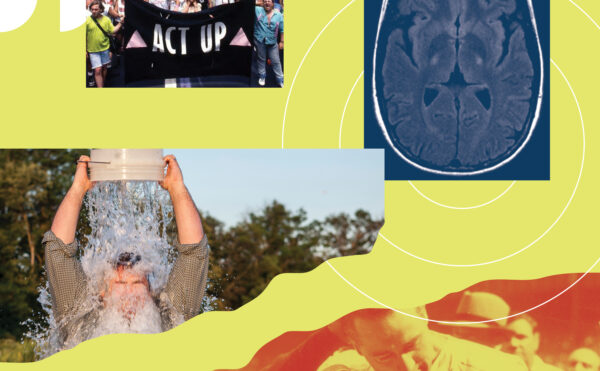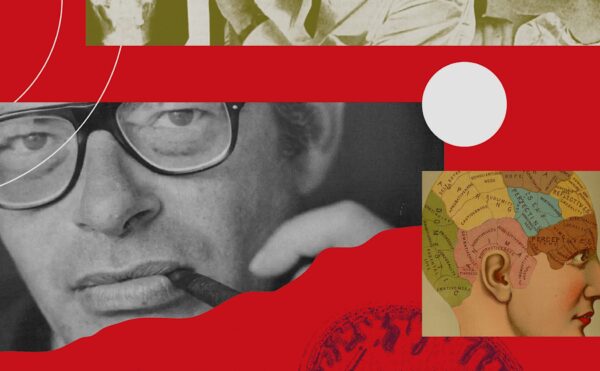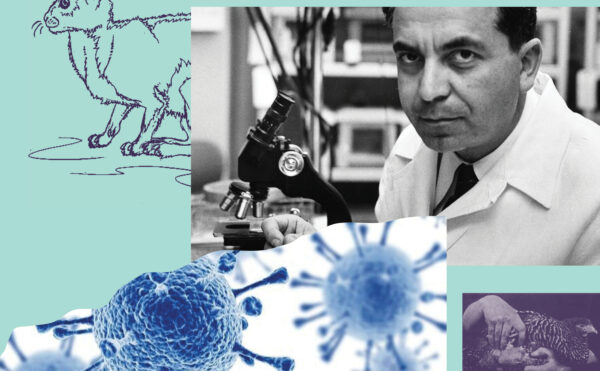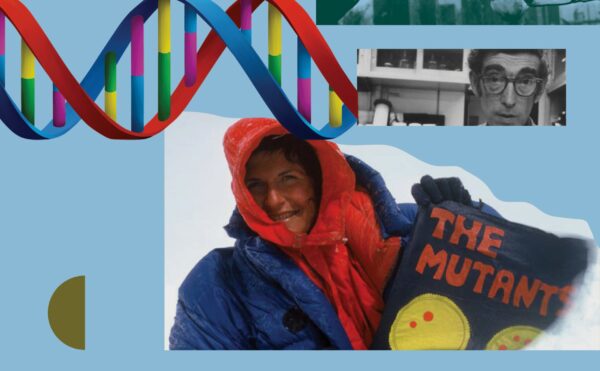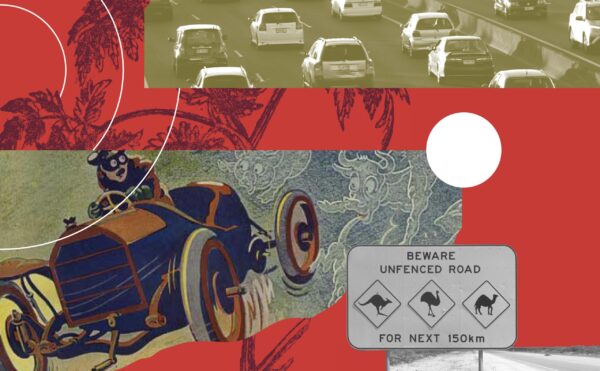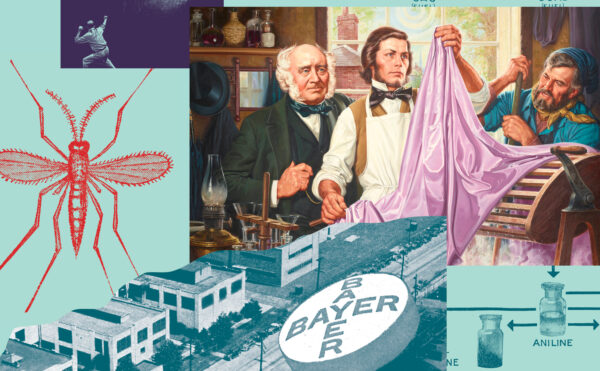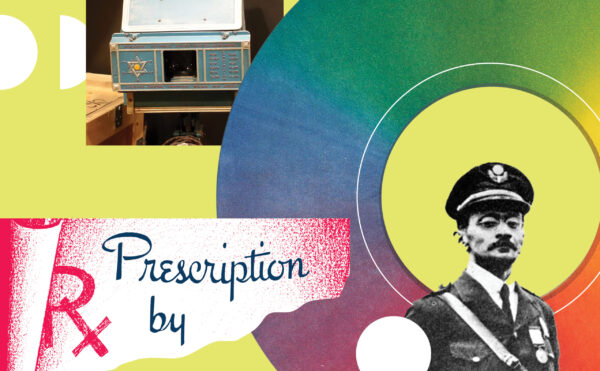Distillations podcast
Distillations is the Science History Institute’s critically acclaimed flagship podcast. We take deep dives into stories that range from the serious to the eccentric, all to help listeners better understand our world. Hear about everything from the crisis in Alzheimer’s research to New England’s 19th-century vampire panic in compelling, sometimes-funny, documentary-style audio stories.
Flemmie Kittrell and the Preschool Experiment
A 1960s home economist runs a radical experiment in her preschool laboratory—with big implications for millions of kids living in poverty.
Humans and Monsters: An Interview with Surekha Davies
A conversation with the author of Humans: A Monstrous History.
IVF: An Interview with Robin Marantz
The early days of in vitro fertilization brought some of the same fears as genetic engineering.
Gene Therapy’s Families
For some patients with rare genetic diseases, gene therapy is their only hope.
Gene Therapy’s Dark Ages
In 1969 a molecular biologist coined the term “gene therapy” to describe a field that didn’t yet exist. Thirty years later, it already had its most famous tragedy.
‘The Andromeda Strain’: An Interview with Luis Campos
In 1971, a film based on Michael Crichton’s book brought our biohazard fears to the fore.
The People vs. Recombinant DNA
In 1976, one small city nearly brought cutting-edge science to a halt.
The History of the School Lunch
A familiar rite of passage that’s been more than 100 years in the making.
Science, Interrupted
The story of the 1975 Asilomar Conference on Recombinant DNA.
ALS Patients Take on the FDA
Research on the deadly disease progressed dramatically after the 2014 Ice Bucket Challenge, but a huge blow came when the most recent treatment was taken off the market.
The Fraud That Transformed Psychiatry
Psychology professor David Rosenhan made waves with his “On Being Sane in Insane Places” study, but decades later its legitimacy was questioned.
Cancer Virus Hunters: An Interview with Gregory J. Morgan
Seen as outcasts, some persistent scientists went against the grain to study viruses they suspected caused cancer.
The Ames Test
Environmentalists championed biochemist Bruce Ames for his test’s ability to weed out potential cancer-causing chemicals. Then he seemingly turned his back on them.
Is Ozempic Different?
The weight-loss drug has become well known, but many others have come before, often with horrific results.
Traffication: An Interview with Paul Donald
In this episode, Distillations spotlights a significant factor impacting our environment and the world’s ecology: roads.
Dyes, Drugs, and Psychosis
The first antipsychotic was discovered through a series of mistakes, starting with—of all things—a breakthrough dye.
Pink: An Interview with Dominique Grisard
In this bonus episode, the gender studies professor discusses the popular color and its history, including ties to prison experiments.
Can Color Heal Us?
For centuries people have been fascinated by the potential healing powers of color, but is there any truth to it?

